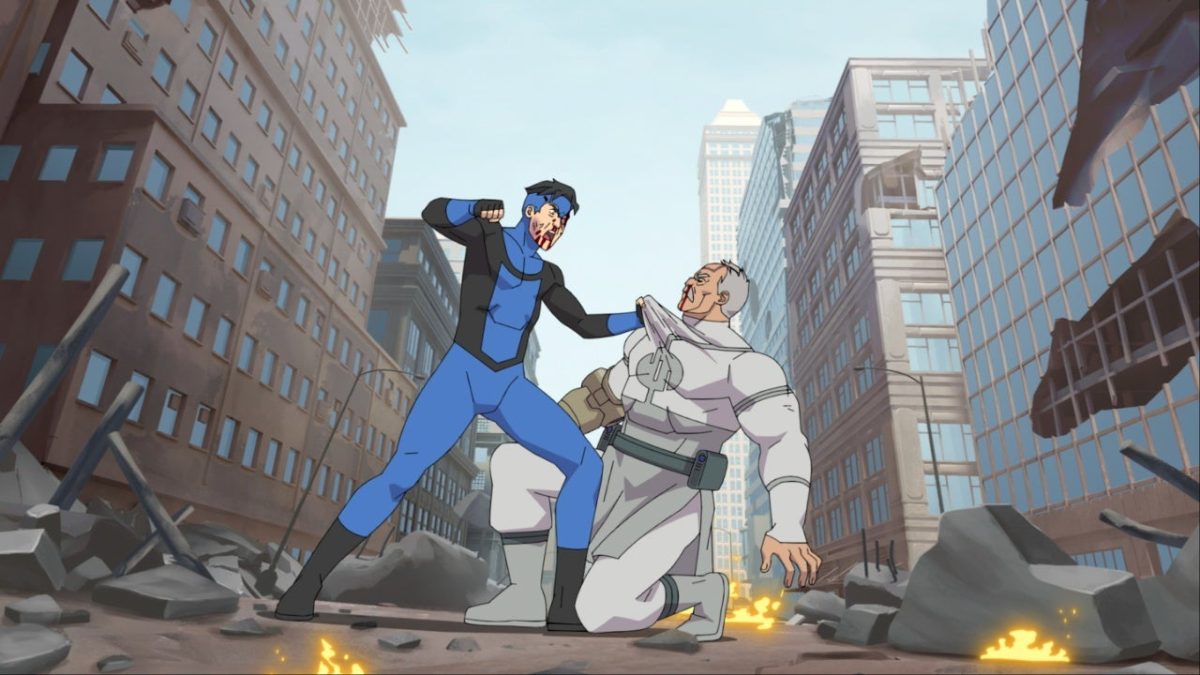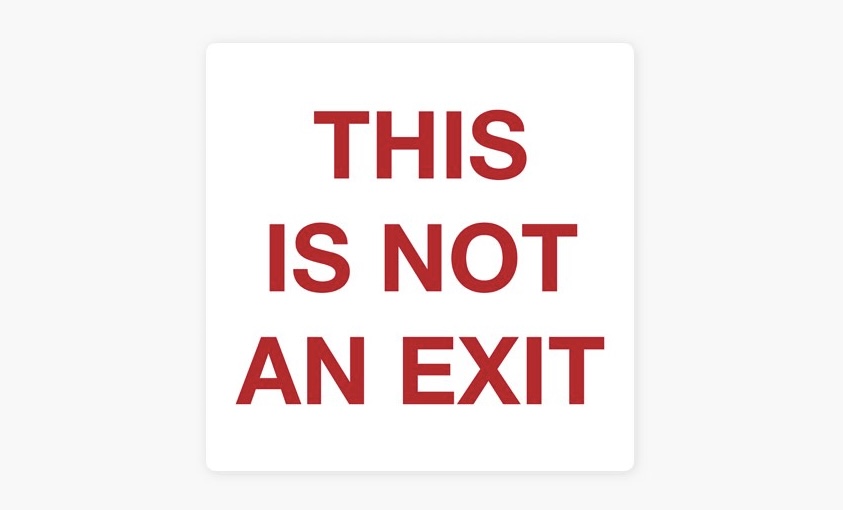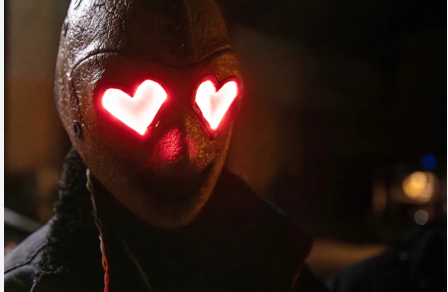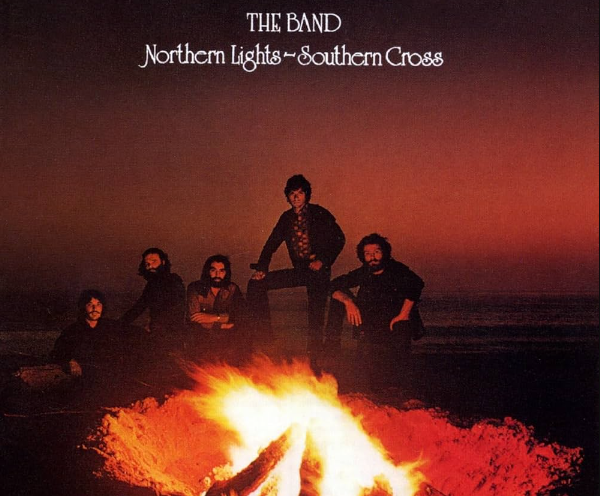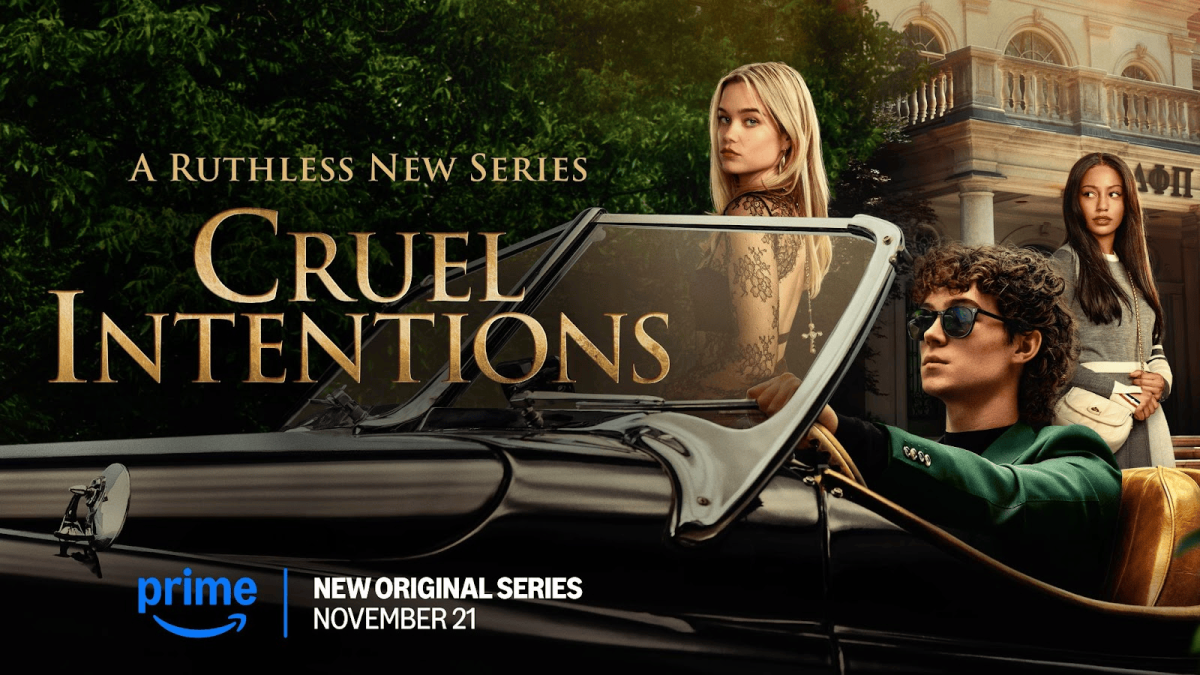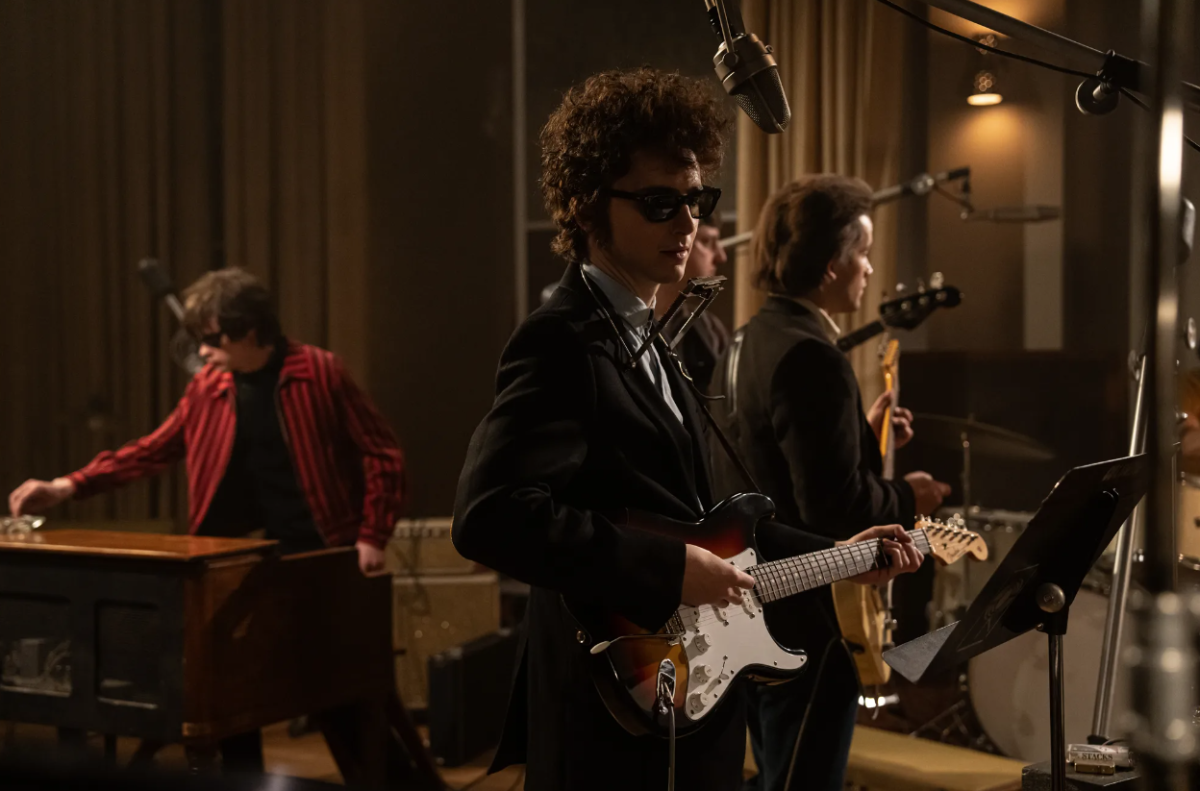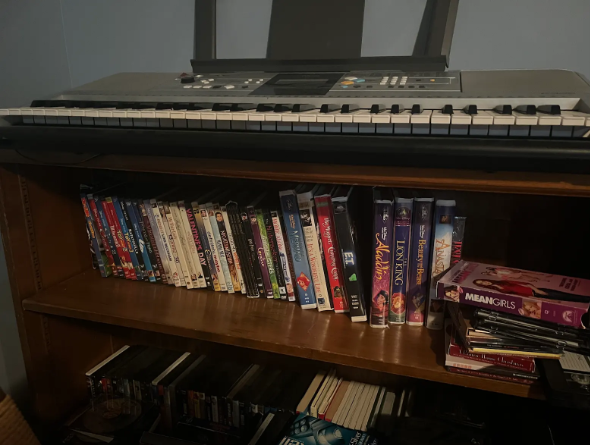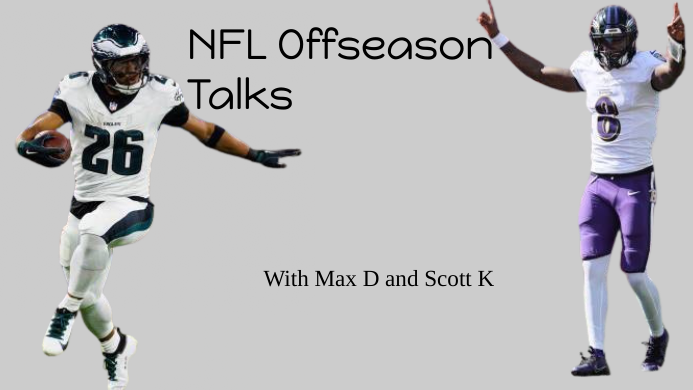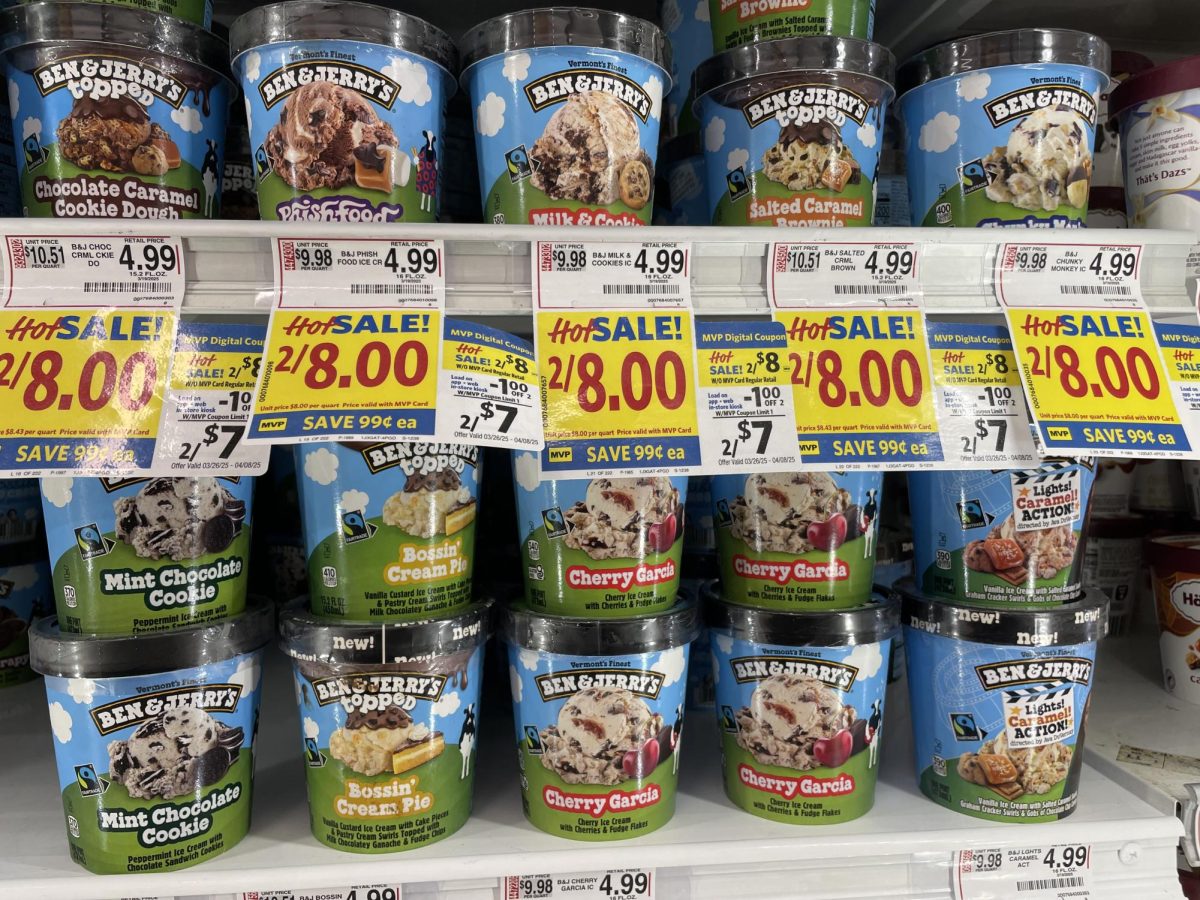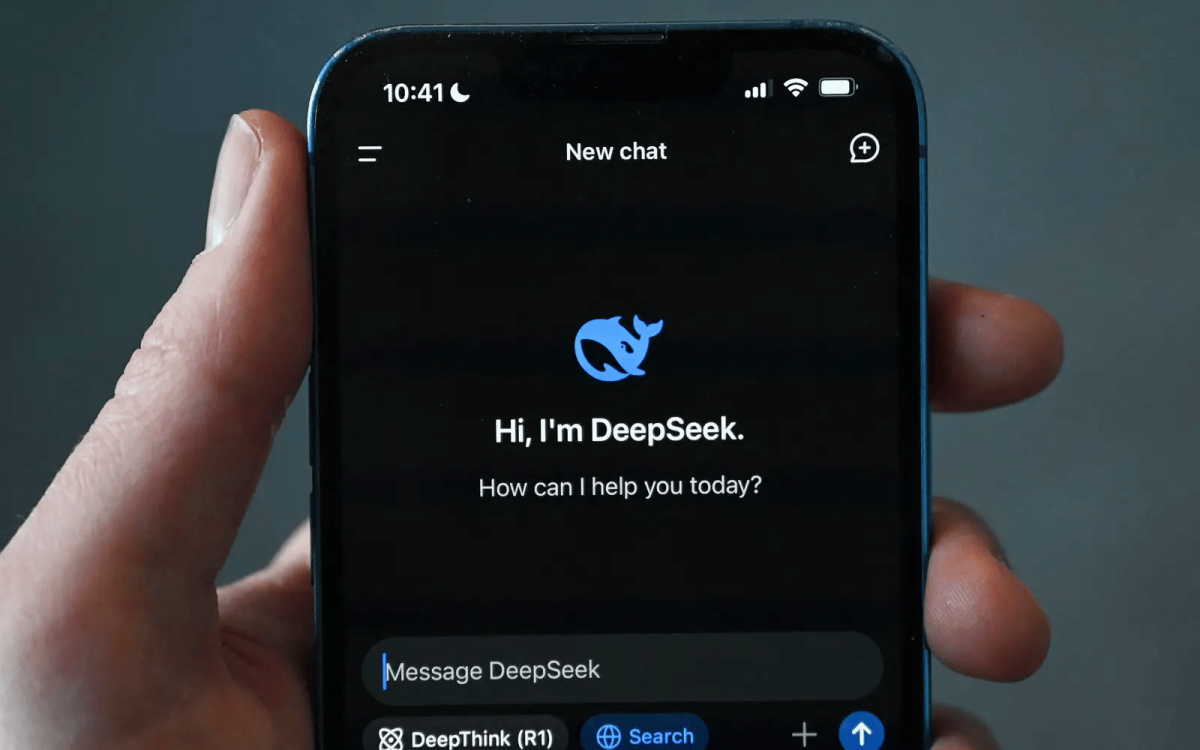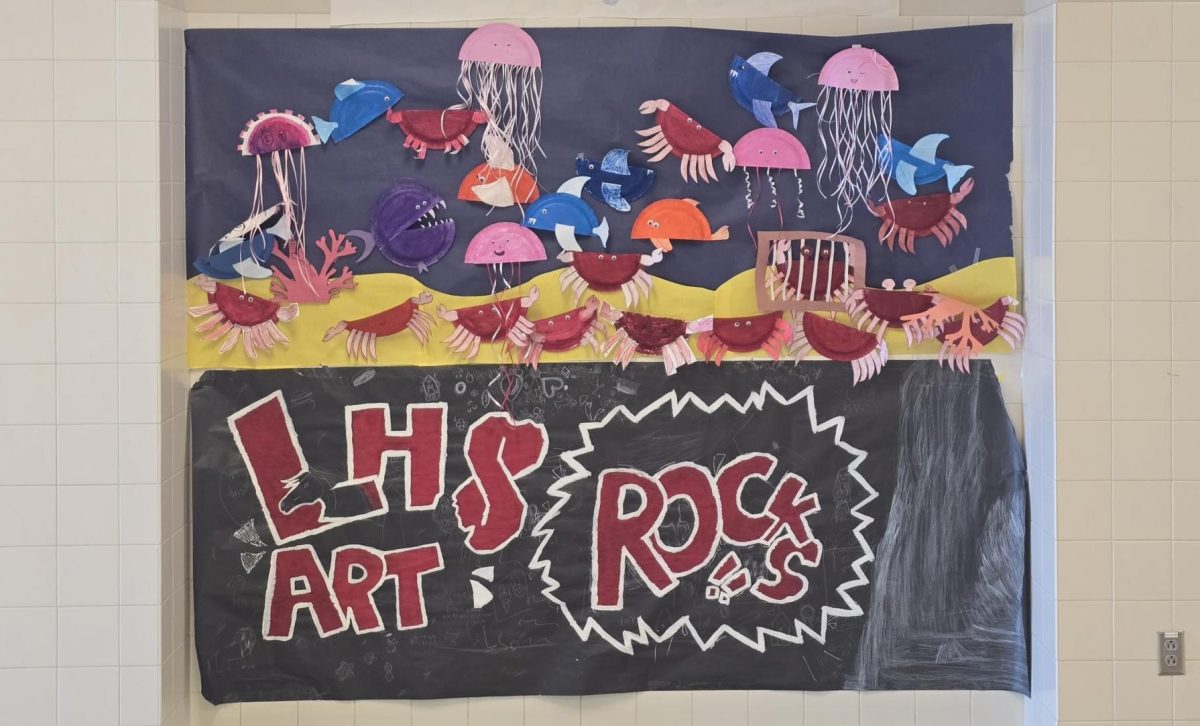From loaded lines like “with great power comes great responsibility,” which your mom could probably recite from memory, to entire shows tackling the concept from a unique angle like “The Boys”, a gritty satire exploring the existence of superheroes in our own corrupt, capitalist society, morality is perhaps the most iconic ideal of superhero media.
“Invincible,” an animated series which first aired on Amazon Prime in 2021, is no exception. The series is based on the 2010s comic of the same name, which was written by Robert Kirkman (The Walking Dead) and illustrated by Cory Walker and Ryan Ottley.
It follows teenager Mark Grayson as he begins to inherit his father Nolan’s superpowers and take after him as a world-saving superhero named Invincible. This unremarkable plot drove many fans away at first, but most were safely roped back in with the show’s underground commitment to the development of many more in-depth themes.
In season 1, Mark’s father Omniman is eventually revealed to be a member of an alien race of conquering warlords, rather than the space-walking saviors he had been pretending to be. This forces the entire world to come crumbling down on Invincible as he is forced to battle his own father for the sake of humanity.
In season 2, with Mark’s father wandering the galaxy drowning in the shame of his misdeeds, and the ruthless genius Angstrom Levy travelling the universe fuelled by a reasonable hatred for Invincible, the series took a quieter approach in the aftermath of the first season’s twists, exploring themes of redemption, forgiveness and what it means to be absorbed by moral concepts so much greater than oneself.
Season 3 chooses to redirect this exploration to Mark and Omniman’s youngest son Oliver, rather than end it all together. Having provided such thematic answers to questions like “Is it okay to kill?” with Mark’s accidental killing of Levy in the season 2 finale and “Is redemption possible no matter one’s mistakes?” with Nolan’s brush with sunbound suicide. Instead, season 3 poses the question: “Okay, but how does that really work?” when not in a show’s peachy-keen peace but a world meant to mirror much of our own struggling reality.
At the season’s beginning, Mark has come to a black-and-white conclusion of morality so integral to superhero stories but so foreign to a world as tragically realistic as Invincible’s.He views killing as bad and to be avoided at all costs, even continuing to hold back until the very last moment against world-threatening enemies that are otherwise battering him and millions of other innocent lives. Others repeatedly reassure him of this eternal truth, placing him as the hero, high above the stacking casualties of his actions and hesitance.
However, that view is pushed to its intentional breaking point through the events Mark experiences episode after episode this season.
In Episode 2 titled “A Deal With The Devil,” Mark’s moral absoluteness tears him away from his US government connection to Cecil and the Global Defense Agency (GDA) and pushes that same tension onto his own family and friends at the Guardians of the Globe.
The disagreement leaves him without the aid of helpful institutions and more prone to being forced into difficult decisions. He is largely depicted as a stubborn child who fails to see the world as it truly is.
In Episode 3 titled “You Want a Real Costume Right?” Mark struggles to properly teach his brother Oliver on the importance of caution, restraint and the value of a human life as he brings up well-thought moral rebuttals such as how “…the Maulers didn’t have friends or family.”
These mass-murdering criminals whom he took it upon himself to end were, in effect, not functional social people, and thus Mark’s continued arguments about their potential for rehabilitation begin to sound unrealistic and unfair. His brother essentially questions what good Mark sparing them actually ought to do for the world, except for making him feel more like a hero.
This is followed by Episode 6 titled “All I Can Say is I’m Sorry,” a microcosm investigation on the aforementioned “how far is too far” question.
The episode achieves this through the character of Scott Duvall, a rogue scientist who suffered an unimaginable family loss during Mark’s fight with his father, and now rises to challenge him in the streets using his own kinetic-energy powers as the misguided villain Powerplex.
He mentions these people by name, along with others, reminding Mark of the thousands of real lives who were literally crushed into blood stains during their epic clash. Regardless of his victory, this brings all of Mark’s shameful grief to a heavy front bound to burst.
In Episode 7 titled “What Have I Done?” an old enemy appears with an unstoppable group of destructive foes determined to not only kill Mark but ruin his reputation and legacy across the entire world. While the heroes yet again prevail, hundreds of thousands of innocent people are presumed dead following three days of utter destruction across urban cities such as New York, Chicago, Tokyo and London.
In these tiny moments of calm between cataclysmic events, Oliver’s underlying point is what drags at Mark: What good is he really doing here?
Episode 8, “I Thought You’d Never Shut Up,” answers his question with yet another. Mark is suddenly approached by a powerful, older man from his home planet of Viltrum. He has no true name, only a purpose and a title: Conquest.
Conquest questions Mark on the forced acquisition of Earth he has long been tasked with but gives him little room to explain himself before crushing him into fresh rubble and further grief. He himself explains simply that he is not here to converse; he wants Mark to resist.
Mark may struggle through his own moral dilemma as he is pummeled across the city skyline, but it quickly proves to be pointless. Conquest hungers only for the battle to come, and his slaughter will show no end until Mark’s fury rises to quell it.
Before the battle’s end, his bones are broken and shattered. His younger superpowered brother, Oliver, is left with a toothless mouth and a broken spine. His girlfriend, Eve, is left with her face ripped in two and a hole in her stomach. Thousands of others, innocent and unaware civilians caught in the crossfire, are left dead in an instant as their fight shatters glass with its force.
To Conquest, there is no logical appeal to be made. No bargain or moral string to pull on.
So, with all these days of destruction in his recent past, what else is Mark left to do but throw all thought to the wind and give in– to fight, not as a hero protecting others or a soldier in battle but as a vengeful man or cornered animal determined to live and let live against a monster thousands of years older and stronger than him.
And of course, as the hero and protagonist, he wins. Conquest is killed by the unrivaled determination of Mark and Eve’s last-second assist, left in a pool of his own bloody muscle.
The series finally returns to this all-too-familiar superhero question with brutal honesty: Is it ever okay for a hero to kill? Is it okay for them to participate in the path of another person, even a disgraceful villain, towards an eternity in death? Are there times when there is truly no other choice, especially in this world of superhuman individuals?
Shamefully, guiltily and thoughtfully, burdened by the hero’s actions, season 3 answers: yes.
After healing from his many, many injuries, Mark returns to his brother Oliver, who has mostly recovered from his own. He admits that Oliver was right about The Maulers and about the line at which someone can no longer be saved. He admits that he cannot save everyone, and not everyone still has potential for good.
Acting against his every instinct thus far, Mark states his newfound realization: If someone goes after his family or other innocents, acts beyond reason, beyond morals, beyond empathy, he will not–he cannot–hesitate to kill them.
With Season 4 of the series already in production, this epiphany is likely far from final, as further seasons will continue to polish and refine the young Mark Grayson into the man of leadership and safety Invincible is meant to represent as a superhero.
Likely, the show will begin to leave behind these moral themes in favor of the show’s ongoing core: Mark, Invincible himself. It may delve into the effects of such a decision by a person so possessed of raw goodness to kill without hesitation in the name of heroism. Or, instead, it may focus on the struggle to stand firmly by such a line without falling further into darkness.
Either way, we must appreciate the depths to which the show’s writers have gone to demonstrate accurate, long-term personal development within a character who must first remain a real person above all else in order to serve as a functional ideal for us to strive toward.
Afterall, without the pain of reality anchoring the story, what is there to make him Invincible at all?


